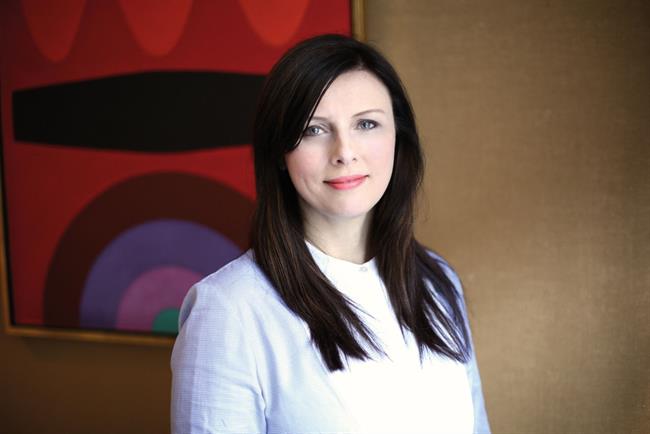Apple’s launch event last week revealing facial recognition as key to unlocking the new iPhone sparked a renewed interest in biometrics of all kinds, but particularly what we do with our face.
The announcement received mixed reviews. Some worried about the hackable nature of facial recognition, others posed the dilemma of what would happen if you were arrested by the police and they grabbed your face and used it to unlock your phone and all its wicked secrets. This poses a particular problem in the US, of course, where invoking the fifth amendment means you can avoid handing over your iPhone passcode. Not so with your face, that’s publicly accessible.
The announcement came only days after a professor at Stanford University claimed that he could correctly identify a person’s sexual orientation, their political persuasion and even their predisposition towards committing a crime, just using facial recognition. This claim had Twitter all aghast and lots of commentators went into meltdown. It is indeed the sort of technology claim that feels disturbing and fuels anxiety around technological advancements that seem to be moving forward at a far quicker pace than the ethics or governance that accompanies them.
The same week, Virgin’s FutureVisions podcast series launched the findings of a survey conducted into the UK’s attitudes to artificial intelligence. Plainly people are very worried. They are not sceptical that AI can carry out many of the things we have seen depicted on our TV and movie screens, they very much believe that it can. In fact, those that had watched science fiction movies depicting AI were twice as likely to be very worried about the impact of AI on society. Top of the list of concerns was the inevitable replacement of human jobs with robots. But not far behind was the fear that AI would start to make judgement calls in areas that were traditionally human.
Face recognition hits that spot. There is no doubt that facial recognition makes your experience more seamless, individual and possibly more secure. But once facial recognition is being used for more than the capturing, cataloguing and standardising of facial imagery, and moves into the area of judgement about an individual or prediction about their behaviour, people feel extremely uncomfortable.
Facial recognition, like millions of other AI applications, has a positive and a negative side. It is our duty to interrogate both. Currently, we are obsessed with the dystopian visions of an Ex-Machina or Matrix-designed world. And that is not surprising given the sheer weight of dystopia served up to us on film. It’s been a long time since we’ve enjoyed an optimistic, playful and inter-generational vision of the future, like Back to The Future; 30 years ago, in fact. Now is the time for the science fiction writers and Hollywood producers to create some more positive visions of the future. After all, if we can’t envision a better world, how can we strive for it.
I remember a scene in the Night Manager when Tom Hiddleston accesses his bank account via facial recognition and is authenticated by his iris. It’s a long way from the romantic, poetic representations off the face - that of beauty, of expression, integrity and soul.
We have come to depict the face as a means to an end rather than a study in humanity. We have turned the face from a form of expression into nothing but a cold transaction: a means of monitoring and measuring each of us rather than understanding each other. If that’s what technology is turning us into, then it is indeed dystopian but my belief is that there is a huge opportunity to now explore all of the positive, human ways that technology can help us live better more fulfilling lives. Time to go back to back to the future and once again enthuse us about our future.
Perhaps when Facebook spends its $1 billion on original content in 2018, it will commission some science fiction content that shows both faces of the future - the dystopian nightmare scenarios of AI, but also the optimistic liberation that AI will bring if we treat it as a companion to human intelligence rather than a replacement for it. After all, given its name, if "Facebook" cannot promote a positive global face culture, then no machine can.
Tracey Follows is the founder of Futuremade and FemaleFuturesBureau


